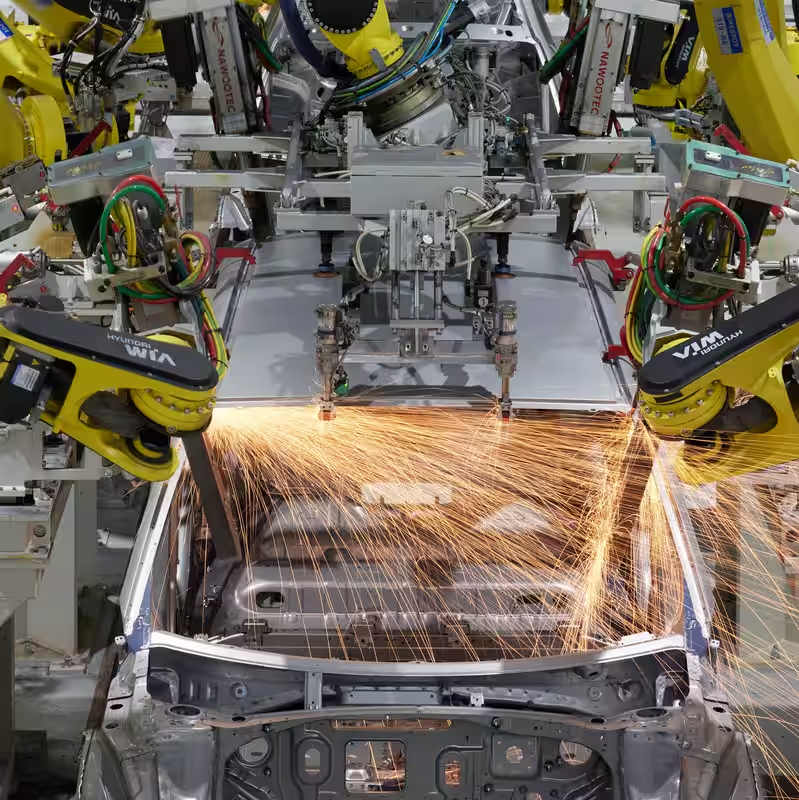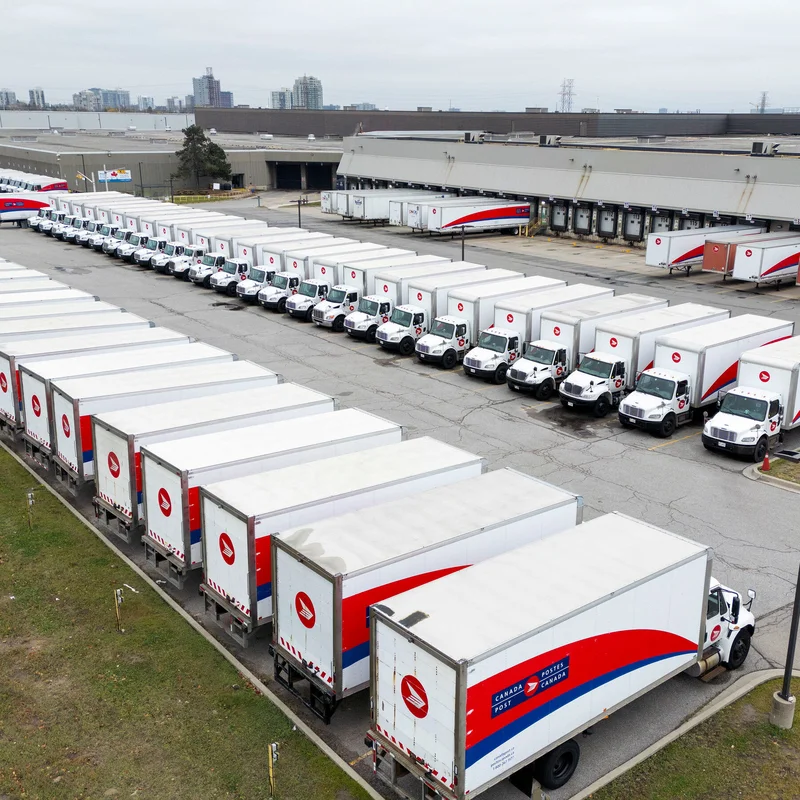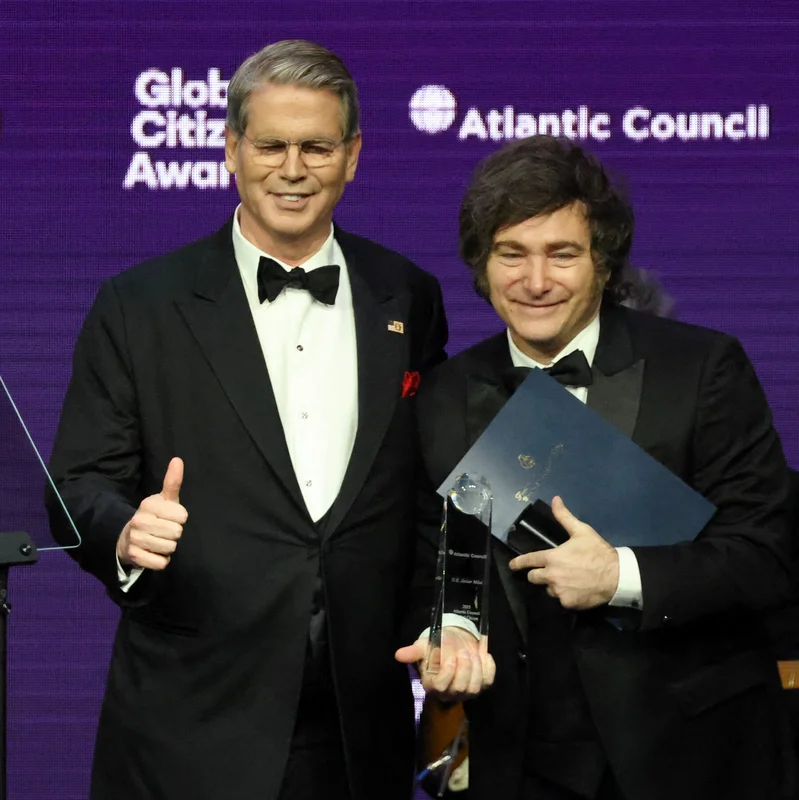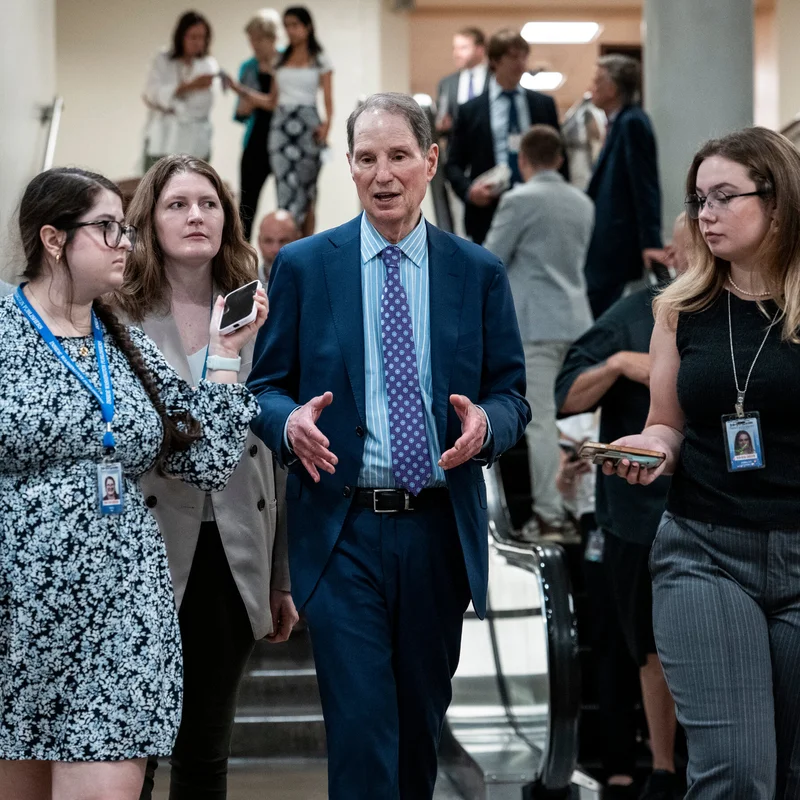Hyundai’s American Gamble in Rural Georgia
Just days after a high-profile ICE raid shook a quiet corner of rural Georgia, Hyundai Motor Group is sending a clear message: its commitment to America isn’t wavering. In fact, it’s accelerating.
The South Korean automaker, alongside its battery partner LG Energy Solution, is pressing forward with a $7.6 billion electric vehicle and battery manufacturing complex in Bryan County—nestled among pine forests and peanut farms near Savannah. This bold investment represents one of the largest foreign industrial projects in U.S. history and a cornerstone of America’s push to rebuild its manufacturing base.
ICE Raid Casts Shadow—but Doesn’t Stall Plans
On October 15, 2025, Immigration and Customs Enforcement (ICE) agents descended on a subcontractor site linked to the Hyundai-LG construction project, detaining dozens of workers over alleged documentation violations. The raid sparked local anxiety and national headlines.
Yet Hyundai didn’t flinch. Company executives reaffirmed their timeline, stating that the main facility remains on track to begin EV production by late 2026. “Our investment in Georgia is long-term and unwavering,” a Hyundai spokesperson said.
Why Georgia? Why Now?
Hyundai’s choice of Bryan County wasn’t random. Georgia offers:
- Generous tax incentives—over $1 billion in state and local support
- Deepwater port access via Savannah, the fourth-busiest container port in the U.S.
- A growing EV supply chain, including nearby battery and component suppliers
- Pro-business labor laws and a trainable workforce
“This isn’t just about building cars,” said Dr. Lena Cho, an economist at Emory University. “It’s about anchoring an entire ecosystem—jobs, suppliers, innovation—in a region that’s historically relied on agriculture.”
Jobs, Jobs, and More Jobs
The Hyundai-LG complex is expected to create over 8,500 direct jobs and tens of thousands more in supporting industries. Starting wages hover around $28–$35 per hour, far above the local median.
Local community colleges have already launched EV technician and battery engineering programs to feed the pipeline. “We’re not waiting for workers—we’re building them,” said Marcus Bell, dean of Coastal Pines Technical College.
A Symbol of Reshoring
Hyundai’s Georgia bet reflects a broader trend: global manufacturers choosing the U.S. over China or Europe for next-gen production. Incentives from the Inflation Reduction Act and the CHIPS and Science Act have turbocharged this shift.
“America is becoming the new factory floor for the green economy,” said Michael Dunne, CEO of EV research firm ZoZo Go. “And Hyundai is placing one of the biggest chips on the table.”
Challenges Ahead
Despite the optimism, hurdles remain:
- Labor shortages in skilled trades
- Supply chain bottlenecks for critical minerals like lithium and graphite
- Community tensions over rapid industrialization in rural areas
- Political uncertainty around federal EV subsidies
Still, Hyundai appears undeterred. Construction cranes dot the 2,000-acre site, and LG has already begun installing clean-room equipment for battery cell production.
What This Means for America’s Industrial Future
The Georgia project is more than a factory—it’s a test case. Can the U.S. successfully attract and retain high-tech manufacturing in non-traditional regions? Can rural America become a hub for innovation?
If Hyundai succeeds, it could inspire a wave of similar investments. If it stumbles, critics will point to overreach and unrealistic expectations.
For now, in the pine-scented air of Bryan County, the future is being poured in concrete—and powered by batteries.




